Countless consequences from the habit of consuming sugary drinks
There is now strong evidence from the World Health Organization (WHO) that regular consumption of sugary drinks increases the risk of type 2 diabetes, cardiovascular disease, tooth decay, osteoporosis and overweight and obesity.
All of these are serious health problems. Not only that, they also have the potential to increase the risk of other non-communicable diseases, including cancer.
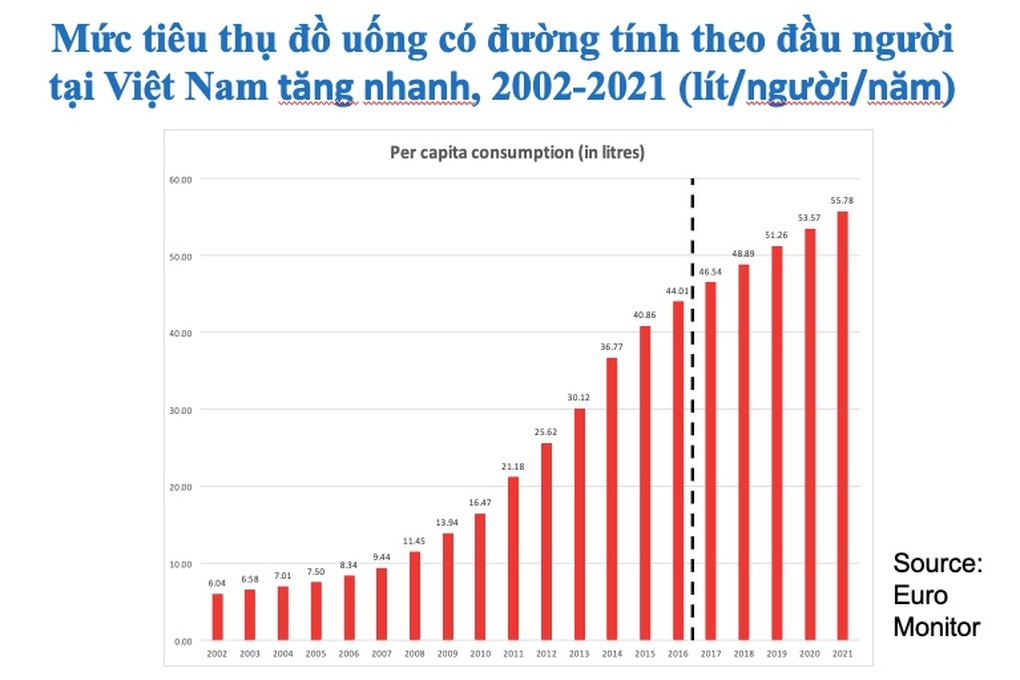
Sharing at a recent workshop in Hanoi, Ms. Dinh Thi Thu Thuy, Deputy Director of the Legal Department ( Ministry of Health ) cited research in 75 countries showing that a 1% increase in sugary beverage consumption is associated with nearly 5 more overweight adults per 100 people and more than 2 more obese adults per 100 people, mainly in low- and middle-income countries.
Sugar-sweetened beverage consumption in childhood is associated with a higher risk of overweight, obesity, and obesity at age 5 years.
Each additional 100 ml increase in sugar-sweetened beverage consumption per day was associated with a higher body mass index and a 1.2-fold increased risk of being overweight or obese at age 6. For each additional can of soft drink consumed per day, the risk of obesity increased by 60% over 1.5 years of follow-up.
Alarmingly, consumption of sugary drinks in Vietnam has now increased fourfold compared to 2009.
By 2023, it is estimated that each person will consume around 66 litres of sugary drinks per year. This equates to an average daily consumption of around 18g of sugar from sugary drinks alone (assuming that each litre of sugary drink contains 100g of sugar).
This consumption alone accounts for about 36% of the maximum daily average sugar intake recommended by WHO for an adult.
This alarming trend has contributed to an increase in overweight rates among adolescents aged 15-19, which more than doubled from 8.5% in 2010 to 19% in 2020. This puts the 15-19 age group at much higher risk of chronic diseases and health disorders caused by overweight and obesity in later life.
"Sugar-sweetened beverages currently account for up to 25% of free sugar intake in adults, and up to 40% in adolescents. This clearly reflects that, without timely intervention, we will have to face a generation growing up with diseases," Ms. Thuy emphasized.
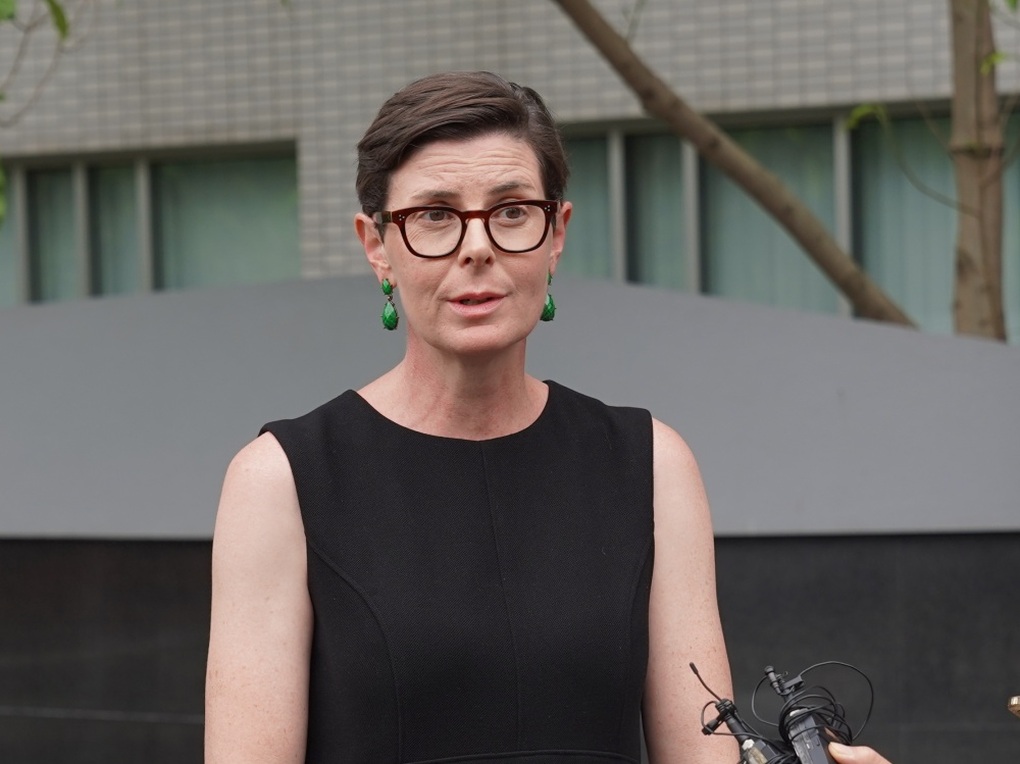
Dr. Angela Pratt, WHO Representative in Vietnam (Photo: HT).
Dr Angela Pratt, WHO Representative in Vietnam, said that now is a very appropriate time, the National Assembly is considering amending the Law on Special Consumption Tax. This is the perfect opportunity to introduce a tax on sugary drinks.
"Without intervention, the trend of sugary drink consumption will continue to increase, with negative impacts on children, adolescents, adults, families, societies and economies. Therefore, WHO calls on policy makers to take action now," Dr. Angela Pratt emphasized.
According to her, this is a win-win solution, helping to improve health and reduce medical costs, while increasing revenue for the government budget. This is also a source of funding to help Vietnam realize the goal of free hospital fees for people as directed by General Secretary To Lam.
Need a roadmap to tax sugary drinks strong enough to reduce consumption
A recently published WHO paper found that a 10% increase in the price of sugary drinks through taxation could lead to an average reduction of around 10-11% in consumption. Therefore, significant tax and price increases would contribute to reducing dental caries, obesity and diabetes, as well as helping to prevent many other non-communicable diseases.
WHO strongly supports the imposition of excise taxes on sugary drinks as a public health policy, especially as a preventive measure to protect adolescents.
This policy is also in line with current international and regional trends. At least 104 countries worldwide and 6 countries in the ASEAN region have applied excise taxes on sugary drinks.
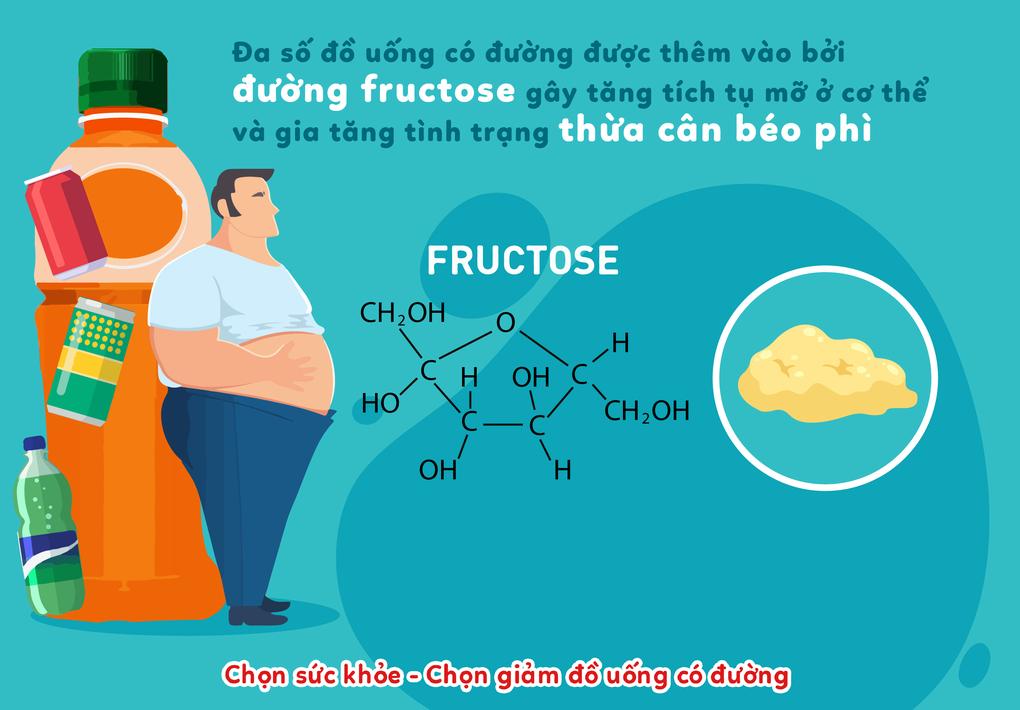
The draft revised Law on Special Consumption Tax this time includes sugary soft drinks according to Vietnamese standards in the taxable list, expected to be around 10%. The Ministry of Finance has also presented a roadmap to extend the application period to 8% in 2027 and 10% from 2028.
According to WHO, a 10% excise tax on the factory price would have a very modest impact on the retail price of sugary drinks (around 5%) and therefore a modest impact on reducing consumption. However, the successful implementation of an excise tax on this product would be important.
WHO recommends that the Ministry of Finance consider a roadmap to increase the excise tax rate to 40% of the factory price by 2030, so that the retail price of these products increases by 20% (in real terms, adjusted for inflation). This is to reduce the affordability of these products and reverse the current trend of rapidly increasing consumption of sugary drinks.
Sharing the same view, Ms. Thuy said that we need to consider the roadmap to expand the scope, tax subjects and increase tax rates according to WHO's recommendations. Currently, the proposed tax rate is far from the recommendation, and the tax area is also quite narrow.
WHO uses the term sugar-sweetened beverages for all beverages containing free sugars. This term is not yet regulated in legal documents in Vietnam.
Therefore, according to the draft revised Law on Special Consumption Tax, only sugary soft drinks (sugar content > 5g/100ml) are added to the taxable objects.
Source: https://dantri.com.vn/suc-khoe/so-thich-uong-ngot-am-tham-tan-pha-suc-khoe-nhieu-nguoi-viet-20250507163137492.htm



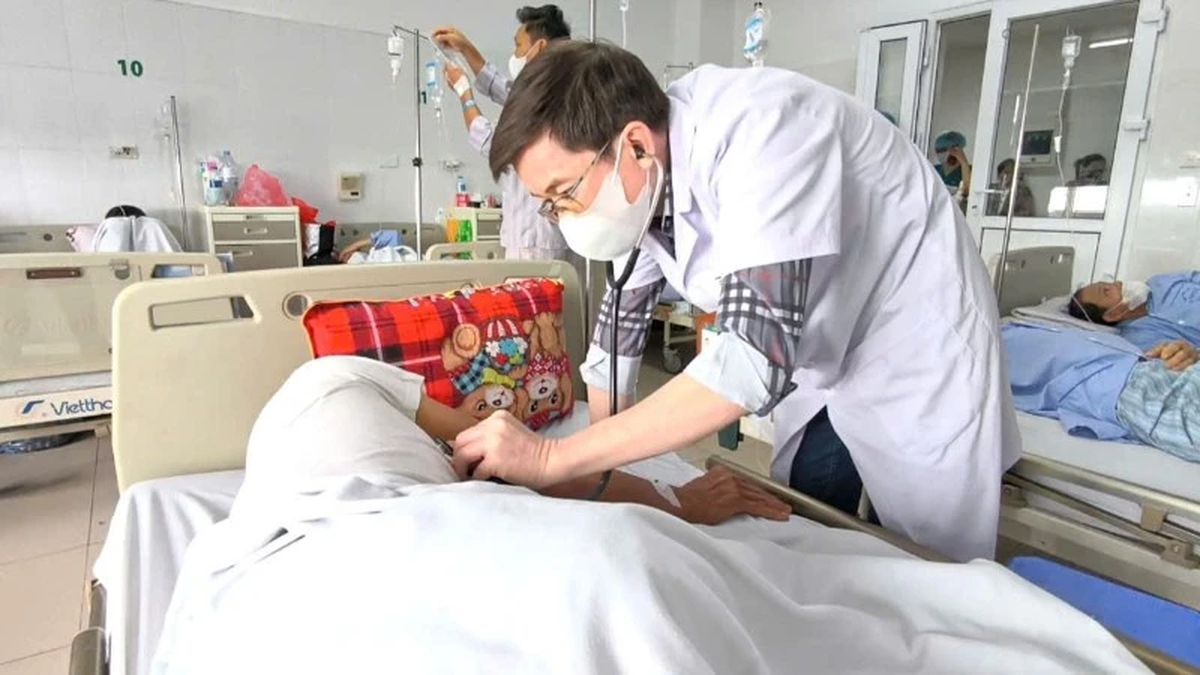
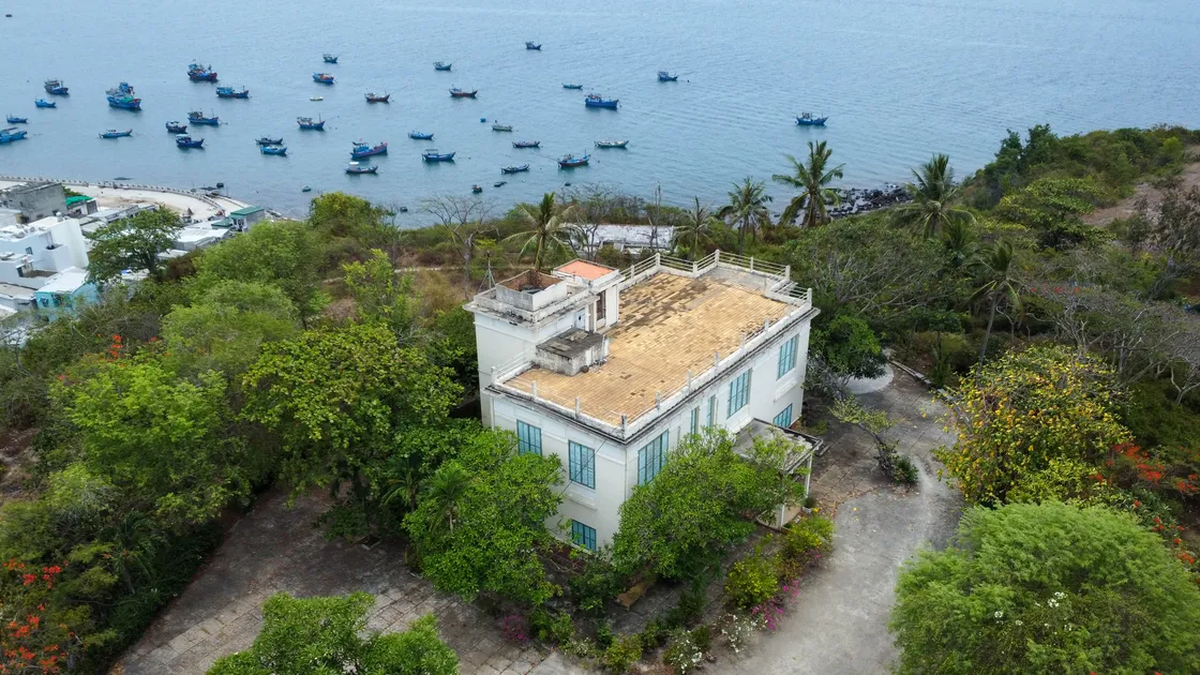



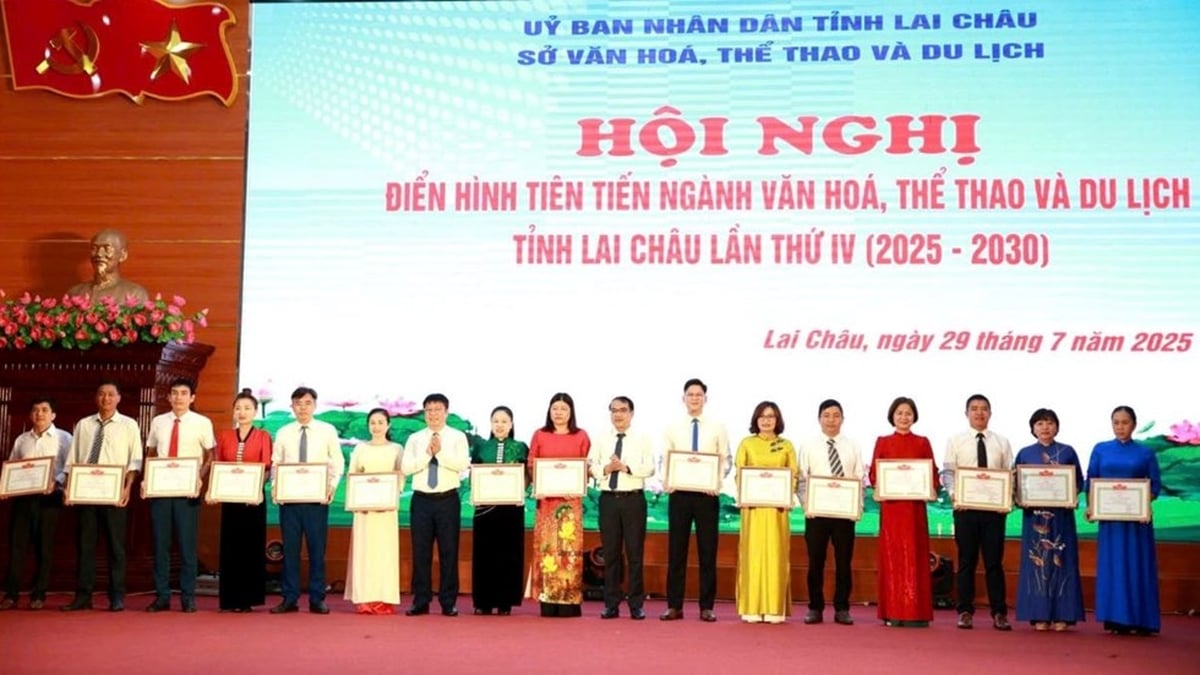

















![[Photo] National Assembly Chairman attends the seminar "Building and operating an international financial center and recommendations for Vietnam"](https://vphoto.vietnam.vn/thumb/1200x675/vietnam/resource/IMAGE/2025/7/28/76393436936e457db31ec84433289f72)




































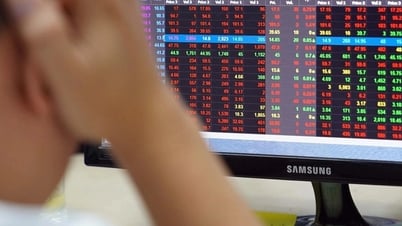





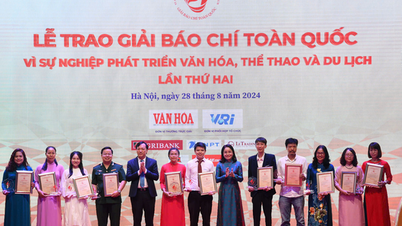































Comment (0)